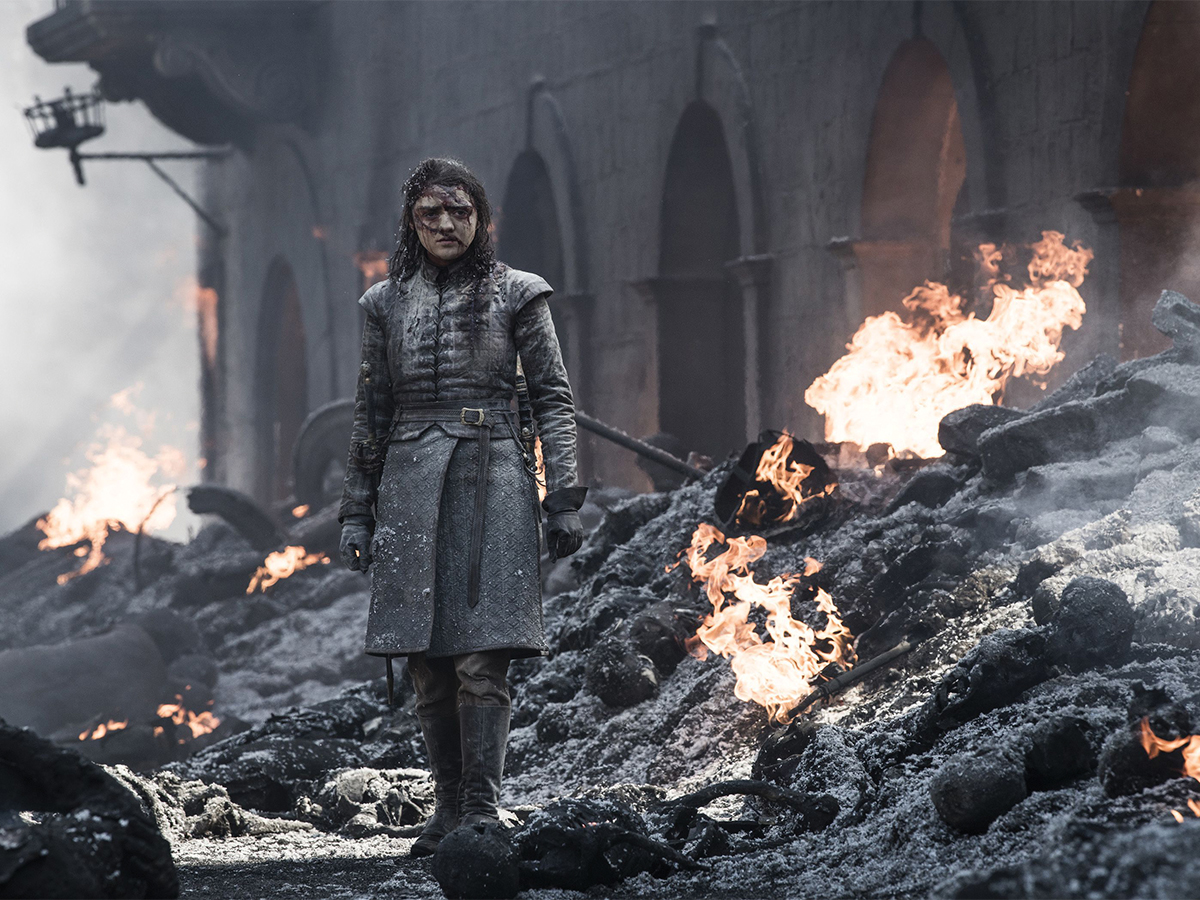
From the conclusion of the seventh season back in 2017, the anticipation of the final season of “Game of Thrones” weighed heavily upon fans. With the show’s ending quickly approaching, there was a mounting pressure upon the writers to deliver on their promises of all the pomp and circumstance that the show offers viewers. As everyone anticipated events such as Cleganebowl, the Battle against the Night King and many more. Plotlines needed to all be concluded in six episodes, and they needed to deliver everything in a way in which most of the audience would be satisfied with it. Now that the eighth season has concluded, we can determine if the finale delivered on those promises.
Much of the subplots and backstories from the books were entirely eliminated, more characters introduced past season five were combined. As a result of all these hollywood alterations, there was always a certain acknowledgement by the community that there had to be compromises made as the story went from book to screen. Otherwise the entire show would have easily taken 20 seasons to finish, if not more.
The season eight writers thought it was a good idea to have nearly every single main character of the story have some kind of significant conclusion to their character arc. This is drastically different from how characters had died in Westeros, a world in which anyone could die at any time for any reason. In past seasons, George R.R. Martin (GRRM) willingly killed off characters, but the show has been much more hesitant to do so. Instead, the season eight writers decided every main character that died needed to die in the most dramatized drawn-out way possible.
When Tywin Lannister died, he did so while on the toilet, and Catelyn Stark was killed as she mourned her family, but I would argue that the effects of their deaths reverberated more effectively within Westeros than the deaths in the last three seasons did. We felt it when Catelyn stood in shock as the last of her children, and the culmination of all her efforts to serving justice to the Lannisters, evaporated at her feet. We feel the rage that Tyrion felt after being berated and looked down upon by his father and peers before finally taking it upon himself to rise to a level only his father could ever imagine him reaching, as he pulled the trigger on Joffrey’s crossbow. We as the audience learn early on that no one was safe, and that the very essence of “Game of Thrones” was slowly forgotten as the seasons started to surpass GRRM’s source material.
One of the most notable points of HBO’s “Game of Thrones” was how it visualized the plotting and scheming of the Seven Kingdoms. Every little nuance in dialogue begins to slowly snowball into shocking events, such as when Oberyn Martell’s face turned into cherry pie filling. Yet when he met his dramatic death at the hands of The Mountain, the audience was not horrified because of a decision the writers made; rather, it was a flaw in Oberyn’s debonair character that led to his eventual demise.
This season we had Starbucks cups being left in post-production, deaths, dialogues, a Daenerys that did not make sense and battle scenes that were sloppily constructed and barely visible to begin with. Dany’s character revolved around how she was the breaker of chains and how she empowered others to rise up against those that abused their power. She knew the sacrifices that it would take to reach the Iron Throne, making her decision to kill millions of people unjustified to her character.
Character development is merely one of many important pillars to a well-written, cohesive story and yet, they have already come up short. I think it would be fair to have GRRM share some of the blame. With the amount of characters, the adaptation was bound to make sacrifices somewhere. Meaning the show’s pace had to suddenly pick up starting from season five, as Benioff and Weiss wanted to finish the rest of the series as soon as they possibly could. Despite HBO’s willingness to extend the series, Benioff and Weiss still decided to rush the ending of this great series, perhaps motivated by their upcoming new “Star Wars” trilogy.
“Game of Thrones” had, and has, the perfect environment for success. The story is able to capture a wide range of demographics as they lock onto a screen and watch the culmination of thousands of hours of work, which makes this season even more disappointing. GRRM might have told Weiss and Benioff how he wanted the story to end, but he definitely didn’t tell them how to get there. All the show runners had to do was have a little more patience.







